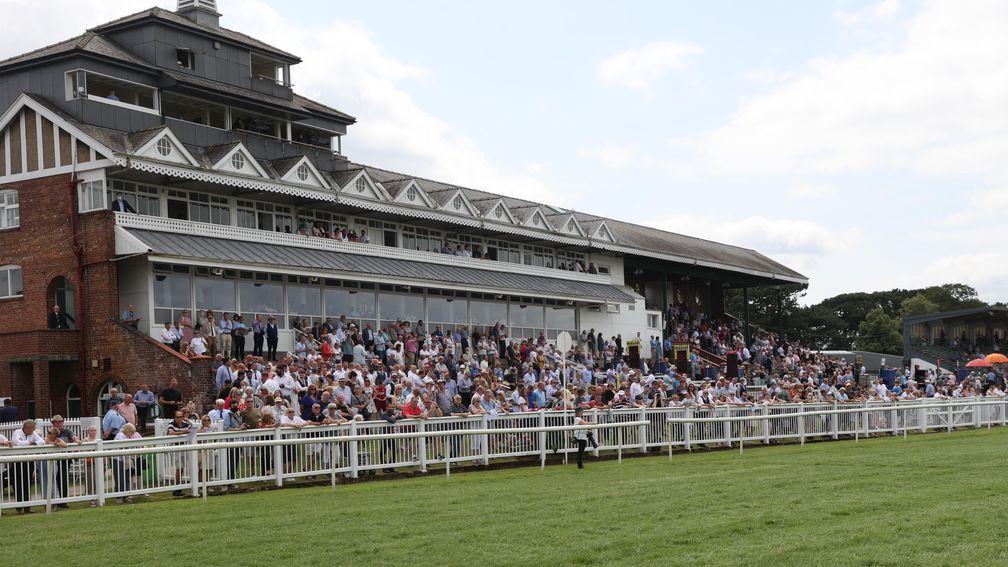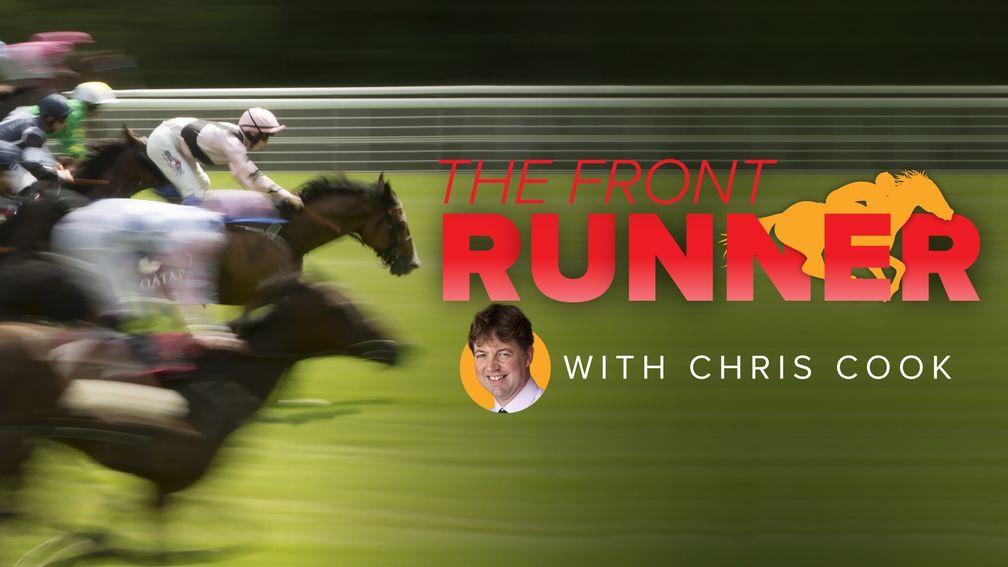David Armstrong: 2024 looks likely to be a very tough year for the sport

Racecourses are facing the most difficult combination of financial challenges in their recent history and the implications will be felt across the sport. The range of so-called headwinds facing the boards of every track are, taken together, even worse than the pain felt during the Covid crisis which seems to have been quickly forgotten.
Firstly, the fall in betting turnover on racing has increased at pace with every month bringing a double-digit decline when compared with 2022, especially in online markets. Turnover is falling for two main reasons – affordability checks and reduced promotional activity on horseracing from bookmakers. The former has been well documented in the Racing Post and elsewhere for the last 12 months and even the Department for Digital, Culture, Media and Sport (DCMS) now acknowledges that interim measures are needed to reduce the impact of inconsistent approaches taken by different operators. However, barely a day passes without a story about another betting customer turning their back on the sport.
But the impact of reduced promotional activity should not be underestimated as bookmakers are forced to tighten their belts to protect their earnings. For example, best odds guaranteed offers have all but vanished and this makes gambling on racing less attractive and, as a result, we have seen volumes decline.
Media rights are the largest part of revenue for many racecourses and an important component for all. Media rights are now almost entirely calculated based on betting turnover. If betting turnover falls, media rights income falls and we are now seeing this have a really negative impact on racecourses.
For any business, seeing its largest income stream fall by over ten per cent every month compared with 2022 has major consequences and forces changes and cost-cutting measures throughout.
Last year's prize-money levels were set against 2023 budgets and it is not sustainable to maintain those levels as budgets are being set for 2024. In contrast, levy is based on gross win and because bookmakers are currently adjusting margins upwards to offset falling turnover, levy income is largely unaffected for now.
Secondly, racecourses are being asked to make significant investments to support the delivery of the new industry strategy. Forty-one fixtures are being moved from the new Saturday protected window resulting in over £2.5 million of estimated lost profits for racecourses which it is hoped will be offset by increased betting turnover (and hence media rights) and programme protection payments from the Horserace Betting Levy Board (HBLB). On top of this, almost £2m of levy funding for prize-money is being diverted from the core fixture population to Premier racing (with the full support of the Thoroughbred Group), thus putting greater pressure on those racecourses largely participating in core.

Thirdly, there are still major inflationary impacts on the cost base of every racecourse. Inflation over the last 12 months has been running out of control with soaring energy prices being among the most painful for racecourses. But increased business rates and maintenance costs, food price inflation and growth in the minimum wage are among other examples of rising costs that affect racecourses.
As one racecourse manager put it to me last week, "the cost of everything is rising and we can't put our prices up any further, given the state of the wider economy and the squeeze in incomes." Another said: "Attendance and corporate spend at racecourses are discretionary and as the country continues to tighten its belt, we struggle to stand still, let alone generate growth."
What does all this mean? Racecourse profitability across the sport is being badly squeezed. If a racecourse's income falls and its costs rise, the only remaining area to adjust is prize-money.
There is a real danger that with the effect of the triple whammy outlined above, prize-money in 2024 is going to fall if racecourses are to run their business in a responsible and viable manner. Some racecourses, especially those operating at the very top end of the sport, may still be able to create positive growth, but for the vast majority, reductions are a grim reality.
The RCA has been working with the Racehorse Owners Association (ROA) and the National Trainers Federation (NTF) to help those affected understand the position, but the reality is, in light of these headwinds, 2024 looks likely to be a very tough year for the sport.
David Armstrong is chief executive of the Racecourse Association (RCA)
Read more here:
Treasury did not consult DCMS on 'hammer blow' tax move - BGC
Nicky Henderson: if you are a racing fan, I urge you to act
Affordability checks: sign the petition now

The Front Runner is our unmissable email newsletter available exclusively to Members' Club Ultimate subscribers. Chris Cook, a four-time Racing Reporter of the Year award winner, provides his take on the day's biggest stories and tips for the upcoming racing every morning from Monday to Friday. Not a Members' Club Ultimate subscriber? Click here to join today and also receive our Ultimate Daily emails plus our full range of fantastic website and newspaper content.
Published on inOpinion
Last updated
- No fanfare over the death of this unconventional lord - yet he embodies British racing’s most profound change
- James Milton: All aboard the England bandwagon – at least until normal service is resumed
- The Old Firm derby: Where Sunday's battle between Celtic and Rangers will be won and lost
- 'The government is in complete denial of the appalling consequences of these catastrophic policies'
- Two thousand days and counting - BHA's failure to act in George Gently syndicate case a damning indictment
- No fanfare over the death of this unconventional lord - yet he embodies British racing’s most profound change
- James Milton: All aboard the England bandwagon – at least until normal service is resumed
- The Old Firm derby: Where Sunday's battle between Celtic and Rangers will be won and lost
- 'The government is in complete denial of the appalling consequences of these catastrophic policies'
- Two thousand days and counting - BHA's failure to act in George Gently syndicate case a damning indictment